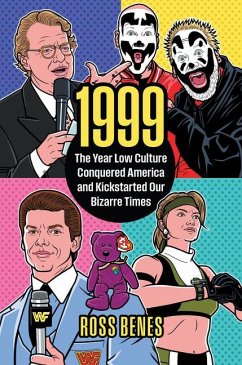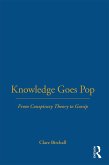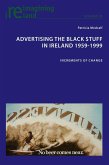From pro wrestling and Pokémon to Insane Clown Posse and Jerry Springer, this look at the low culture of the late '90s reveals its profound impact and how it continues to affect our culture and society today. The year 1999 was a high-water mark for popular culture. According to one measure, it was the "best movie year ever." But as journalist Ross Benes shows, the end of the '90s was also a banner year for low culture. This was the heyday of Jerry Springer, Jenna Jameson, and Vince McMahon, among many others. Low culture had come into its own and was poised for world domination. The reverberations of this takeover continue to shape American society. During its New Year's Eve countdown, MTV entered 1999 with Limp Bizkit covering Prince's famous anthem to the new year. The highlights of the lowlights continued when WCW and WWE drew 35 million American viewers each week with sex appeal and stories about insurrections. Insane Clown Posse emerged from the underground with a Woodstock set and platinum records about magic and murder. Later that year, Dance Dance Revolution debuted in North America and Grand Theft Auto emerged as a major video game franchise. Beanie Babies and Pokémon so thoroughly seized the wallets and imagination of collectors that they created speculative investment bubbles that anticipated the faddish obsession over nonfungible tokens (NFTs). The trashy talk show Jerry Springer became daytime TV's most-watched program and grew so mainstream that Austin Powers, Sabrina the Teenage Witch, The Wayans Bros., The Simpsons, and The X-Files incorporated Springer into their own plots during the late '90s. Donald Trump even explored a potential presidential nomination with the Reform Party in 1999 and wanted his running mate to be Oprah Winfrey, whose own talk show would make Dr. Oz a household name. Benes shows us how so many of the strangest features of culture in 1999 predicted and influenced American life today. This wild ride through pop culture uncovers the connections between the kayfabe of WWE and the theatrics of politics, between the faddish obsession with Beanie Babies and with NFTs, between faithful fans and political loyalists, between violent video games and society's scapegoats, and much more. 1999 is not just a nostalgic look at the past. It is also a window into our contentious present.
Hinweis: Dieser Artikel kann nur an eine deutsche Lieferadresse ausgeliefert werden.
Hinweis: Dieser Artikel kann nur an eine deutsche Lieferadresse ausgeliefert werden.








